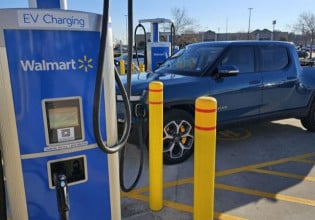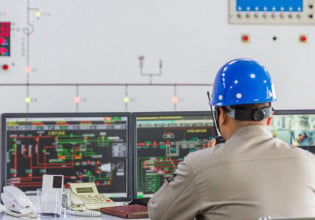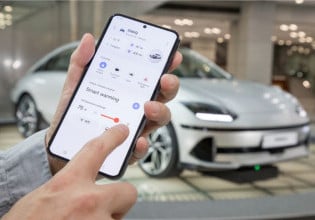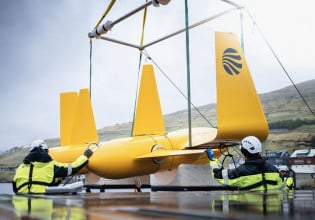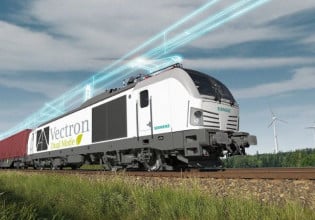TÜV Initiates Creation of New ANSI Standards, Seeks Participation in Working Groups
TÜV Rheinland PTL, a standards developing organization (SDO) for the American National Standards Institute (ANSI), has successfully initiated the creation of three new American National Standards and is seeking the industry participation in the respective standards working groups. The new standards are: TUV-R 71930: Integration and Construction Requirements of Power Conversion Systems for Utility-Scale Renewable Energy Power Plants; TUV-R 71830: Microinverters and Microconverters - Design Qualification and Type Approval; and TUV-R 71730: Photovoltaic (PV) Modules Under the Effects of Inhomogeneous Snow Loads - Design Qualification and Type Approval.
TUV-R 71930 addresses safety and general requirements for assemblies of power conversion systems for utility-scale renewable energy power plants (RE PCS). The standard defines the minimum requirements for the design and fabrication of RE PCS for protection against electrical, fire, mechanical and other hazards. The products covered by these requirements are intended to be installed in accordance with NFPA 70: National Electrical Code®.
TUV-R 71830 addresses the design qualification and type approval requirements for microinverters and microconverters for long-term operation in general open air climates. The standard aims to determine minimum requirements for quality and reliability of the microinverters and microconverters and to show that they are capable of withstanding prolonged exposure in open air climates.
TUV-R 71730 describes requirements for the design qualification and type approval of PV modules under the effects of inhomogeneous snow loads suitable for long-term operation in climates where snow is prevalent. These specifications describe a test method for determining the direct load-bearing capability of PV modules under these snow conditions.
As North America’s largest solar and PV testing company, an OSHA accredited NRTL and an active ANSI SDO, TÜV Rheinland PTL has proposed the above standards to strengthen the U.S. marketplace position in the global economy while helping assure the product quality and the safety and health of consumers and protect the environment. TÜV Rheinland tests and certifies solar products, systems and plants in the European Union, Asian and North American markets to assure that solar thermal, PV, CPV, and concentrated solar power systems comply with electrical, mechanical, and environmental requirements for both product quality and safety.


